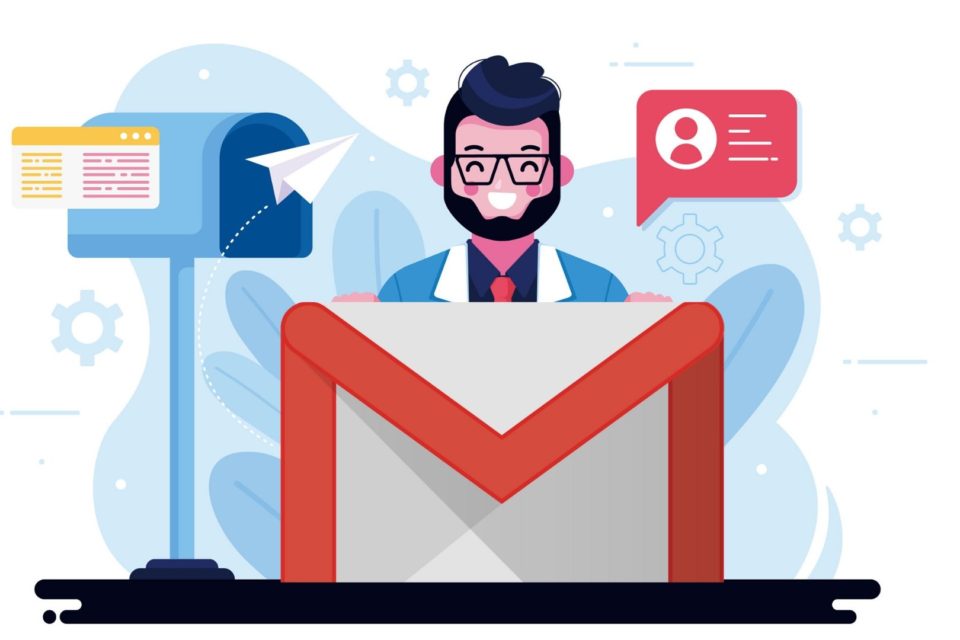Gmail blocks 18 million COVID-19 themed phishing emails and malware

Google has blocked around 18 million phishing emails and malware using its Gmail email service ML models. These models identified and restricted COVID-19 themed attacks using the malware scanners blocking 99.9% attacks that went through the platform. Neil Kumaran, Gmail security product manager mentioned that Gmail blocks more than 100 million phishing emails everyday. And he added that, last week Google saw 18 million malware and phishing emails related to COVID-19, which was an addition to 240 million spam COVID themed messages.
Attacker are persistent in clouting on the COVID-19 fear and anxiety of the public, designing their attacks in a way that it becomes a lure or bait for the layman to fall for it by responding, opening the emails, clicking on some malicious or links and downloading the malicious attachments.
CISA and NCSC have defined some guidelines in building your defenses against phishing e-mails and COVID-19 themed malware. Please read these guidelines for better security measures.
Google has a proactive detection system in place for identifying COVID-19 themed malware and phishing across their systems, and have reported that these attacks are old ones, that are being customized with the COVID-19 message to consume upon the public fear and anxiety. Additionally, if Google detects the threat, then it updates its other applications like Drive, Docs, Suite, Chrome, and other platforms with this new definition and ensures those platforms also restricts it.
Furthermore, Microsoft have also detected over 18,000 COVID-19 themed malicious IP addresses and URLs. Also, we know that there are thousands of COVID-19 themed domains that are being registered in last two months.
How to stand your ground against these COVID-19 themed attacks
System administrators and users can employ the defense settings recommended by Google to stay vigilant against phishing and malware attacks. However, for better security they can also activate the security sandbox in G suite Enterprise and Enterprise for Education environments.
- Aside that, Google also highlights some guidelines to ensure security against COVID-19 themed attacks,
- Improve your account security for a complete security checkup.
- Do not download the attachments directly, instead users can use the built-document preview option.
- Always verify the links before opening them and typing the login credentials. Check the link’s integrity and legitimacy.
- Always report phishing emails to help our system scrutinize it, and block it from our workflows.
- Users can also enroll in Google’s Advanced Protection Program (APP)
However, for businesses Google already does support cloud computing, productivity, collaboration tools, multiple advanced phishing and malware controls to improve security in overall. Google’s security system can do the following to keep your network and security clean of COVID-19 themed attacks,
- It can quarantine emails based on the phishing and malware detection made.
- Identify emails with unusual attachments and will display an alert to users or mark them as spam.
- Quarantine emails that are trying to spoof your domain and mark them as spam.
- Protect against documents that contain malicious scripts embedded within them.Scan images and the shortened URLs for their genuineness.
Please open your emails only after ensuring its legitimacy, let’s be extra cautious and cyber aware while working from home during this pandemic.
Subscribe to our newsletter for daily alerts on cyber events, you can also follow us on Facebook, Linkedin, Instagram, Twitter and Reddit.





